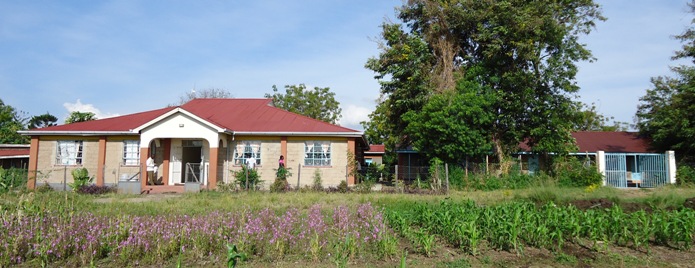Mali,
Population: 38 000
Kenya Medical Research Institute

The surveillance site is in the district of Bandiagara and operates within the Bandiagara Malaria Program (BMP) which was initiated as an NIH-supported collaboration between the Malaria Research and Training Center (MRTC) at University of Bamako and the University of Maryland’s Center for Vaccine Development. The Bandiagara district covers an area of 7,365.4 km2 in the region of Mopti, Mali, West Africa. Bandiagara is 65 km east-southeast of Mopti. A seasonal river, the Yamé, flows in a northeasterly direction through the town it encompasses diverse landscapes, including savannahs and plateaus, with the Dogon people being the predominant ethnic group. The area is Sahelian (hot and dry) with a short rainy season from July through September.
Set up in 1998, the BSS was established to generate data on population dynamics, health indicators, and disease prevalence, in support of conducting clinical trials of malaria vaccines under international standards. Collaborating with local communities and research institutions, the BMP/MRTC-P aims to contribute to the understanding and control of malaria and other prevalent diseases in the region, fostering advancements in health research and training initiatives.
The Bandiagara surveillance system covers an estimated total population of 38,000 inhabitants in Bandiagara city. The surveillance system is expandable to cover the 318,655 people living in the district of Bandiagara.
SITE LEADER AND DIRECTOR: Dr. Mahamadou Ali Thera, (MD, MPH, PhD)
Dr. Mahamadou Ali Thera, brings over 36 years of professional expertise, particularly excelling in clinical trials, medical parasitology, and public health. With extensive experience spanning 24 years in both clinical trials research and GCP compliance, coupled with 5 years in surveillance studies and 34 years engaging with communities, Dr. Thera is a seasoned expert committed to advancing public health initiatives.

 Call us:(+233)0244806015
Call us:(+233)0244806015  Email
Email 

